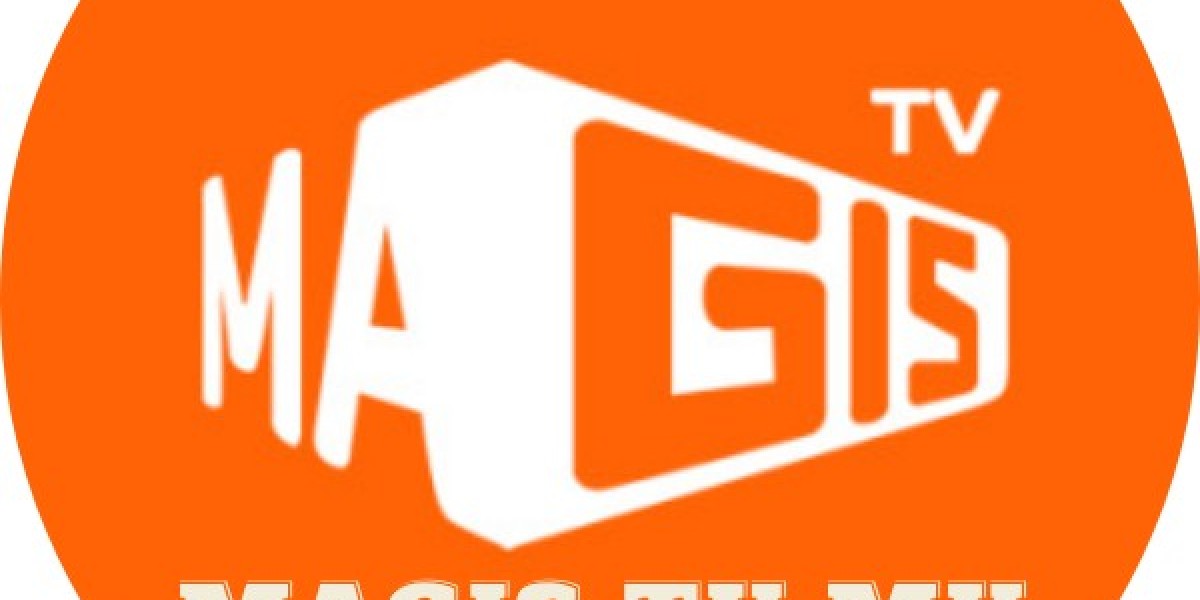Medical billing and Revenue Cycle Management (RCM) are critical components in ensuring the financial health of healthcare providers. Whether you're running a small private practice or a large hospital system, understanding RCM can significantly improve cash flow, reduce errors, and streamline operations. But what exactly is Medical Billing RCM, and why is it so essential in today’s healthcare industry?
What is Medical Billing RCM?
Medical Billing RCM stands for Revenue Cycle Management in the medical billing process. It is a financial process that healthcare providers use to track the revenue and payments generated by their services. RCM encompasses everything from patient registration, coding, billing, insurance claims, payment collection, and even appeals for denied claims. The goal of RCM is to ensure that healthcare providers are paid accurately and promptly for the services they provide.
Why is Medical Billing RCM Important?
Medical billing RCM is crucial because it directly impacts the cash flow of a healthcare facility. A well-managed RCM system reduces the chances of denied claims, improves collections, and streamlines billing cycles. By effectively managing RCM, healthcare providers can focus more on patient care, and less on administrative burdens. Here are some of the main reasons why RCM is essential:
Faster Payments: Accurate coding and billing ensure that claims are processed quickly.
Improved Cash Flow: Timely payment for services ensures that providers can cover operational costs.
Reduction in Denied Claims: Proper handling of claims and appeals reduces the chances of rejections.
Increased Efficiency: Automating and streamlining processes reduces time spent on administrative tasks.
Key Phases in Medical Billing RCM
Medical billing RCM involves several phases, each one playing an important role in ensuring efficient financial management. Let’s break down these phases to understand the process better:
1. Patient Registration
The first step in the medical billing RCM process begins with patient registration. This phase includes gathering personal information such as insurance details, contact information, and medical history. Accuracy at this stage is crucial to avoid delays or errors in the subsequent phases.
2. Eligibility Verification
After registration, the next step is to verify the patient’s insurance eligibility. This involves confirming whether the patient’s insurance policy covers the required services, what portion is covered, and the co-payment amount. This step ensures that the healthcare provider doesn’t face financial loss due to patient coverage issues.
3. Coding
Once services are provided, accurate medical coding is required to describe the procedures performed, diagnoses, and treatments. This process ensures that the claim can be processed and reimbursed appropriately. ICD-10, CPT, and HCPCS codes are commonly used in medical billing and RCM to provide an accurate representation of the services rendered.
4. Claim Submission
After coding, the claim is prepared and submitted to the insurance company for payment. If the claim is not submitted accurately or within the required time frame, it can result in delayed payments or denials. This phase is critical in the RCM process as it sets the stage for the entire reimbursement cycle.
5. Payment Posting
Once the insurance company processes the claim and makes a payment, the provider must post the payment into the system. This ensures that the patient’s balance is updated, and it also allows the provider to track any remaining patient balances.
6. Patient Billing and Collections
If there is a remaining balance that the insurance didn’t cover, the provider will bill the patient for the outstanding amount. This phase also involves follow-up communications to ensure payment is received promptly.
7. Denial Management
In cases where claims are denied, providers must take swift action to identify the reasons behind the denial and appeal the decision. Proper denial management is a crucial part of RCM, as it helps recover denied claims and ensures that the provider is compensated for the services rendered.
How Does Medical Billing RCM Impact Healthcare Providers?
The way healthcare providers manage their RCM process directly impacts their revenue and the quality of service they provide. Here are some of the key benefits of implementing an efficient RCM system:
1. Optimized Cash Flow
An effective RCM system ensures that healthcare providers get paid faster and more consistently. This is particularly important for private practices and smaller clinics that rely on steady cash flow to maintain operations.
2. Reduced Administrative Burden
When medical billing and RCM processes are automated, healthcare staff can spend less time on administrative tasks and more time on patient care. This leads to greater job satisfaction for employees and improved service for patients.
3. Improved Patient Satisfaction
A smooth billing experience enhances patient satisfaction. By reducing billing errors, offering clear payment instructions, and providing transparency in charges, healthcare providers can foster a positive relationship with their patients.
4. Compliance with Healthcare Regulations
Healthcare billing and RCM processes must comply with numerous regulations, including HIPAA and other federal and state guidelines. A strong RCM system ensures that all claims and processes follow these standards, avoiding potential legal and financial consequences.
Common Challenges in Medical Billing RCM
While medical billing and RCM offer significant benefits, they also come with challenges that can impact a healthcare provider’s revenue cycle. Let’s explore some common issues and how to mitigate them:
1. Claim Denials and Rejections
Claim denials are one of the most significant challenges healthcare providers face in RCM. A denial could be due to various factors such as incorrect coding, missing information, or failure to follow payer guidelines. Implementing a rigorous process for reviewing and resubmitting claims can help minimize denials.
2. Coding Errors
Accurate coding is critical to successful billing and RCM. Errors in coding can lead to denied claims or delayed payments. Healthcare providers need to ensure that their coders are trained and updated on the latest coding guidelines to reduce errors and improve reimbursement rates.
3. Patient Underpayments
Patients sometimes fail to pay their portion of the bill due to confusion or financial hardship. Providing patients with clear payment plans, transparent billing practices, and multiple payment options can help reduce underpayment issues.
4. Insurance Payment Delays
Delays in insurance payments can slow down the entire RCM process, affecting a provider’s cash flow. Regular follow-ups with insurance companies and understanding each payer’s specific timelines can help reduce delays.
What Are the Benefits of Outsourcing Medical Billing RCM?
Outsourcing medical billing RCM to a third-party service provider offers numerous benefits, especially for small and mid-sized healthcare organizations. Here are some reasons why outsourcing can be a game-changer:
1. Cost Efficiency
Outsourcing RCM can save healthcare providers money by eliminating the need to hire and train an in-house billing team. Third-party billing companies typically offer flexible pricing models, which can help providers reduce overhead costs.
2. Expertise and Specialization
Medical billing companies specialize in RCM and are up-to-date on the latest regulations and industry trends. By outsourcing, providers can take advantage of this expertise to ensure their billing processes are optimized and compliant.
3. Faster and More Accurate Payments
An experienced outsourcing partner can speed up the billing cycle, reduce claim denials, and ensure accurate coding, which results in faster and more accurate payments.
4. Focus on Core Operations
Outsourcing RCM allows healthcare providers to focus on patient care and other core operations while leaving the billing and reimbursement processes in the hands of experts.
How to Choose the Right Medical Billing RCM Partner?
Choosing the right partner for outsourcing RCM services is crucial for ensuring the success of your revenue cycle. Here are a few factors to consider when selecting a third-party provider:
Experience and Reputation: Look for companies with a proven track record in medical billing RCM.
Technology and Automation: Ensure the provider uses modern, secure systems that can streamline the billing process.
Compliance: The provider must adhere to relevant healthcare regulations such as HIPAA and other federal guidelines.
Customization: Choose a provider that offers tailored solutions based on your practice’s size and needs.








